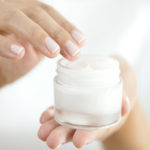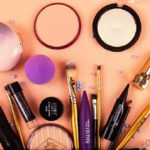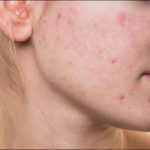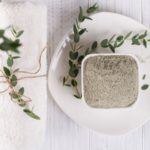In recent years, the term hypoallergenic in cosmetics has gained popularity and is well-known among most women. If you’re still unsure about what hypoallergenic means and whether it is truly safe for the skin, then continue reading our informative article below!
1 What is hypoallergenic?
Hypoallergenic is an ingredient commonly found in cosmetics. When a cosmetic product is labeled as hypoallergenic, it means that the product contains a minimal amount of irritants. Hypoallergenic products are often preferred by individuals with sensitive and easily irritated skin.
However, it’s important to note that the U.S. Food and Drug Administration does not have any regulations regarding the sale and usage of hypoallergenic products, so you may come across brands that claim to be hypoallergenic. Additionally, there is no scientific evidence that definitively proves hypoallergenic products are completely safe for the skin.
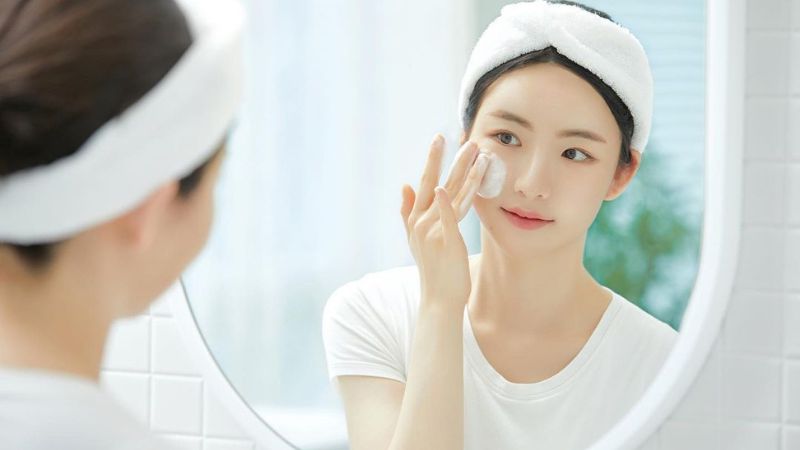
Hypoallergenic is what?
2 Is hypoallergenic in cosmetics safe for the skin?
As mentioned earlier, there is currently no scientific evidence supporting the claim that using cosmetics containing hypoallergenic ingredients will not cause skin irritation. This means that your skin still carries the risk of irritation as it would with any other product, but hypoallergenic products are formulated to minimize this risk. Each individual’s skin has a unique absorption and reaction mechanism, so even if you are not sensitive to hypoallergenic ingredients, you may still experience skin irritation due to other components present in the cosmetics.
 Is hypoallergenic in cosmetics safe for the skin?
Is hypoallergenic in cosmetics safe for the skin?
3 What ingredients in cosmetics cause allergies?
Common sources of allergies in cosmetics include preservatives, fragrances, formaldehyde,… In addition, some fragrances and colorants can also cause skin irritation, especially for individuals with sensitive skin. Therefore, it is essential to thoroughly research the product and use it in the correct dosage.
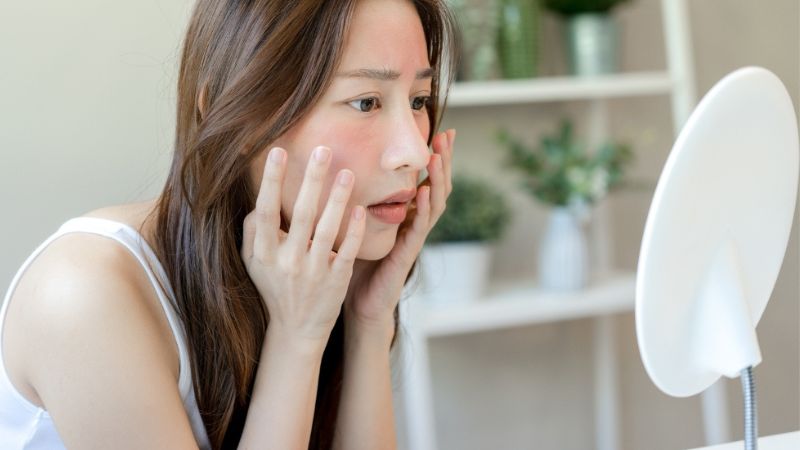
What ingredients in cosmetics cause allergies?
4 How to check ingredients in cosmetics
To determine if a skincare product is suitable for your skin, it is crucial to carefully review the ingredients. Here are some specific steps to follow:
- If you know which ingredients are compatible with your skin and which can potentially cause irritation, check the ingredient list and their quantities provided on the product packaging.
- Examine both the active and inactive ingredients as they can still have an impact on the skin.
- Pay attention to the chemical names of the ingredients. Some ingredients may be listed using chemical names rather than common names, so be mindful of this.
- Plant-based ingredients often appear in cosmetics with Latin names. Some sensitive skin types may be irritated by these ingredients, so familiarize yourself with commonly used Latin names. For example, Lavender is known as Lavandula angustifolia, while marigold is Calendula officinalis,…
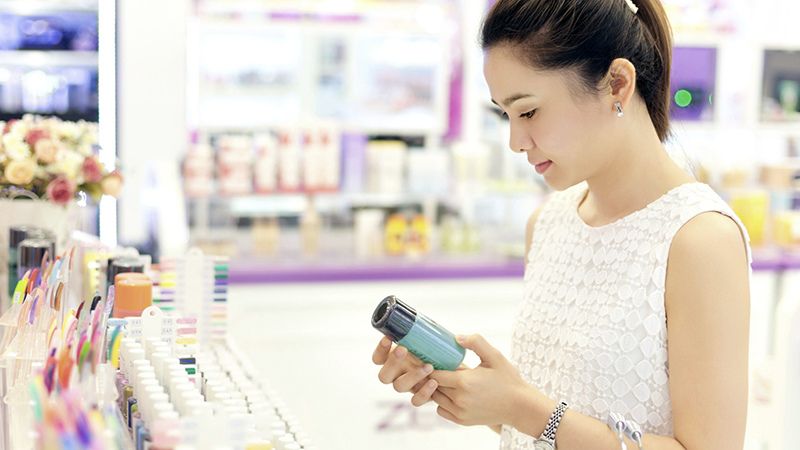
How to check ingredients in cosmetics
5 Things to consider when using cosmetics to minimize skin allergies
Avoid using an excessive amount of cosmetics
Using too many skincare products within a single skincare routine can clog the skin, leading to increased acne and excessive oiliness. Simplify your skincare routine by using only necessary and skin-safe products to minimize the risk of overwhelming your skin!
Choose cosmetics with clear origins
Unfortunately, counterfeit cosmetics are prevalent in the market today. Before purchasing cosmetics, it’s important to research the seller, the product’s origin, and its ingredients. Additionally, before applying a new product on your face, perform a patch test on a small area of your hand to check for any potential irritation.
Use sunscreen and cleanse your skin at the end of the day
Sunscreen helps protect the skin from harmful UV rays and environmental factors that contribute to aging and skin cancer. Choose a sunscreen with an SPF of 30+ to 50+ for optimal protection. Don’t forget to cleanse your skin thoroughly at the end of the day to keep it clean and breathable!
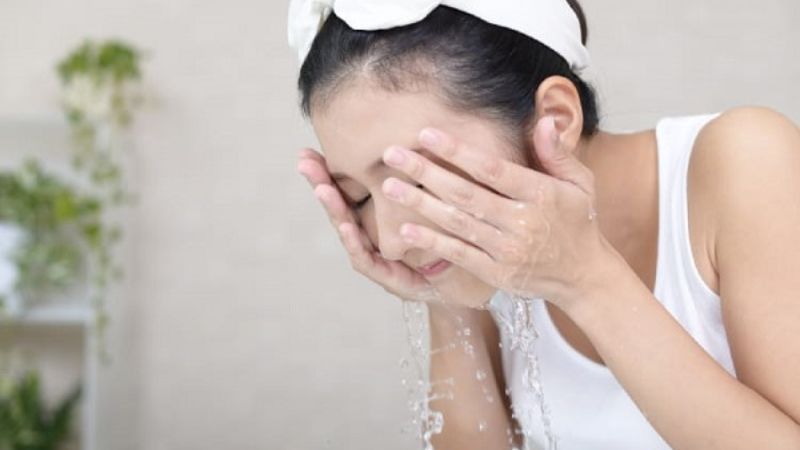
Things to consider when using cosmetics to minimize skin allergies
This article provides a detailed explanation of what hypoallergenic is and whether this ingredient is safe for the skin. We hope that the compiled information proves useful to you.
Source: hellobacsi.com, sentayho.com.vn
























